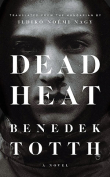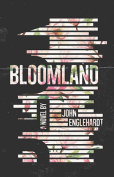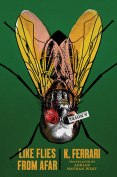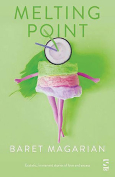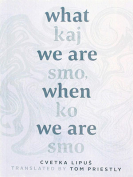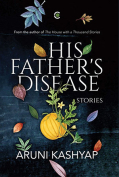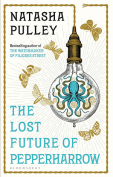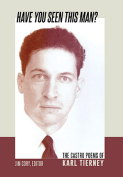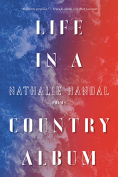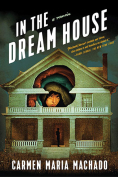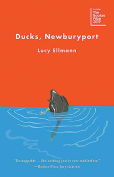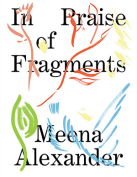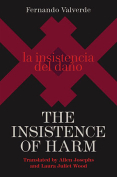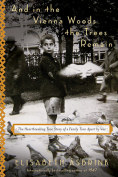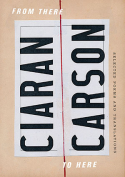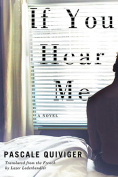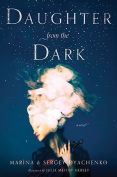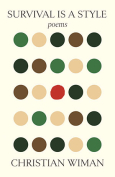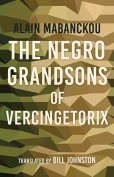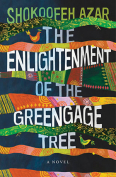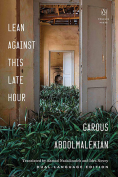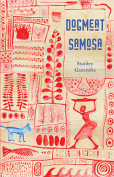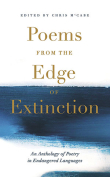Bloomland by John Englehardt
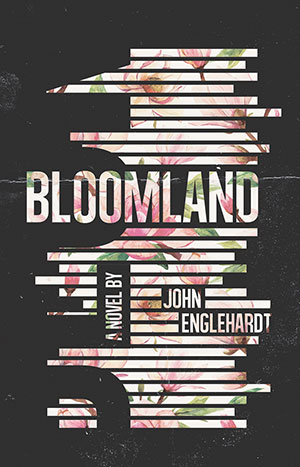 Ann Arbor, Michigan. Dzanc Books. 2019. 195 pages.
Ann Arbor, Michigan. Dzanc Books. 2019. 195 pages.
John Englehardt’s debut novel, Bloomland, is a fictional memoir of the aftermath of a campus shooting in the Ozarks. Definitively middle American, Englehardt’s setting is a grim depiction of gun culture in the Bible Belt from a poignant and humanist perspective.
The novel is written in second person, opening with a plunge into the interiority and background of a student only peripherally connected to the tragedy, then to a professor who loses his wife to it, and finally to the shooter himself. As more and more deeply personal details are outlined, it becomes clear that our narrator cannot possibly know as much as he purports. We realize that the elegy is not omniscient, and the historical and studied examination of the three characters we are following may be little more than the narrator’s own desperate, determined attempt to make sense of the unthinkable and understand what could possibly account for a student opening fire in a university library during finals week.
This realization gives a new understanding to the recurring line, “So this is what you do,” not as a simple relating of what happened but a depressing post hoc, ergo propter hoc stitching together of meaning. The result is a novel that feels relentless and imperative, pushing you through a story you would rather not hear but are compelled to reach the end of, only to find that there is no real end to this sort of grief, just the gradual loss of momentum of a train on a track.
Bloomland’s depiction of the fictional Ozarka campus and surrounding landscape is so banal as to be unsettling. Ozarka is a sort of “every college” with vaguely southern, red-state ideology and culture, from storm-watching to strip malls to Jesus culture and poultry farms. The people and the places affected are as average as they are extraordinary, highlighting the discomfiting reality that mass shootings are becoming just another part of American life.
Elizabeth Stevens
University of Oklahoma

